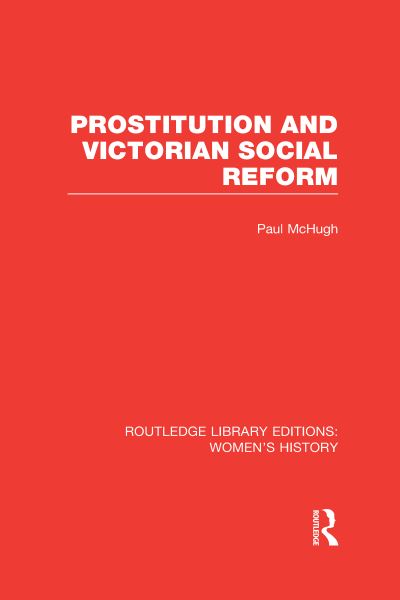
In the mid-nineteenth century many parts of England and Wales were still subjected to a system of regulated prostitution which, by identifying and detaining for treatment infected prostitutes, aimed to protect members of the armed forces (94 per cent of whom were forbidden to marry) from venereal diseases.
The coercive nature of the Contagious Diseases Acts and the double standard which allowed the continuance of prostitution on the ground that the prostitute 'herself the supreme type of vice, she is ultimately the most efficient guardian of virtue', aroused the ire of many reformers, not only women's rights campaigners.
Paul McHugh analyses the social composition of the different repeal and reform movements - the liberal reformists, the passionate struggle of the charismatic Josephine Butler, the Tory reformers whose achievement was in the improvement of preventative medicine, and finally the Social Purity movement of the 1880s which favoured a coercive approach. This is a fascinating study of ideals and principles in action, of pressure-group strategy, and of individual leaders in the repeal movement's sixteen year progress to victory.
The book was originally publised in 1980.
| ISBN: | 9780415623605 |
| Publication date: | 10th October 2012 |
| Author: | Paul McHugh |
| Publisher: | Routledge an imprint of Taylor & Francis |
| Format: | Hardback |
| Pagination: | 306 pages |
| Series: | Routledge Library Editions. Women's History |
| Genres: |
Social and cultural history History and Archaeology |